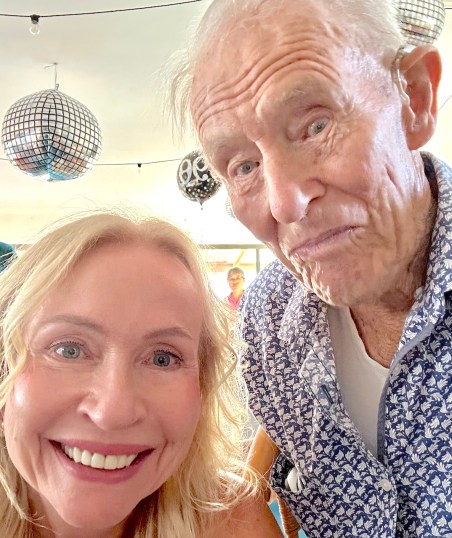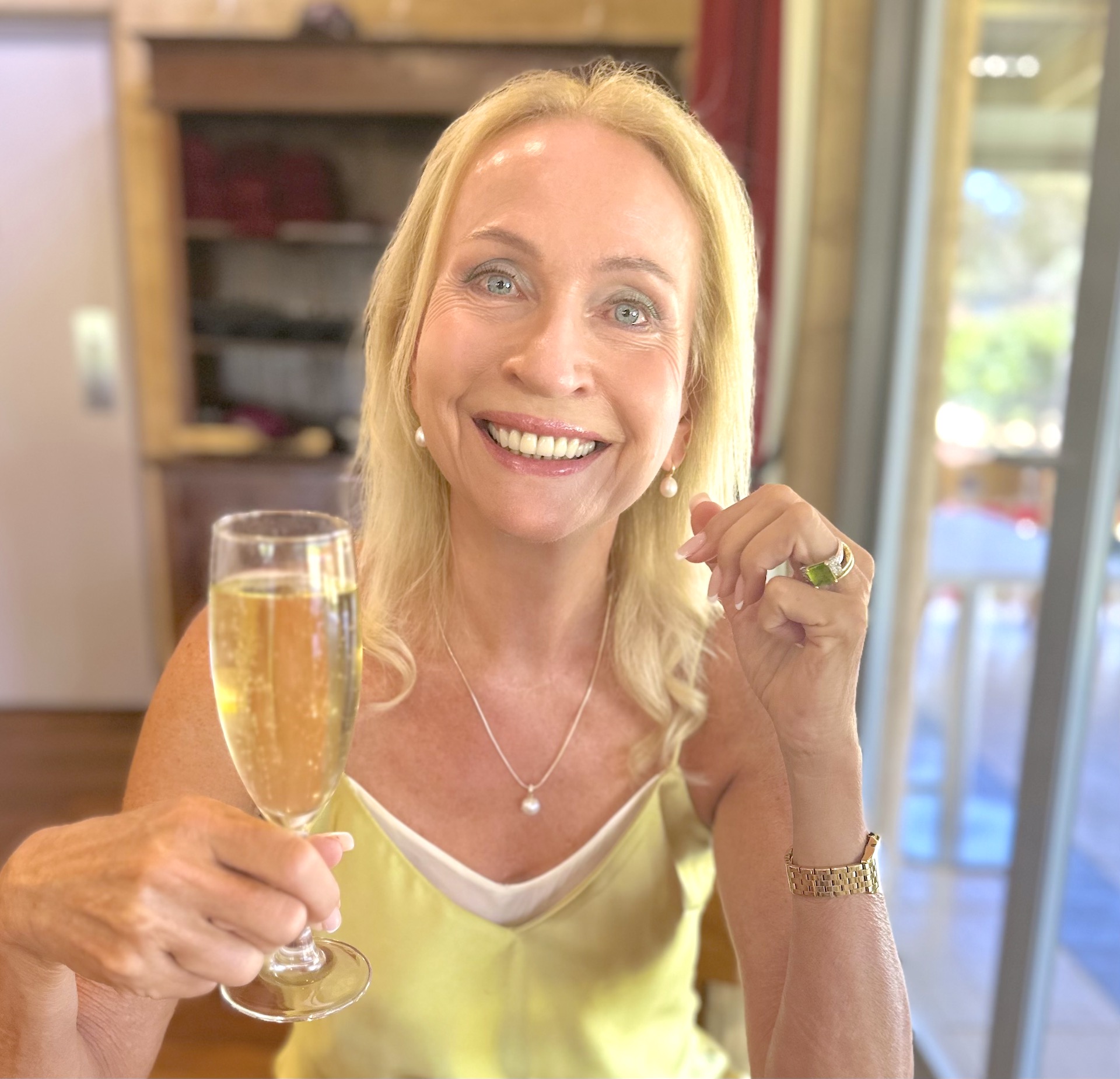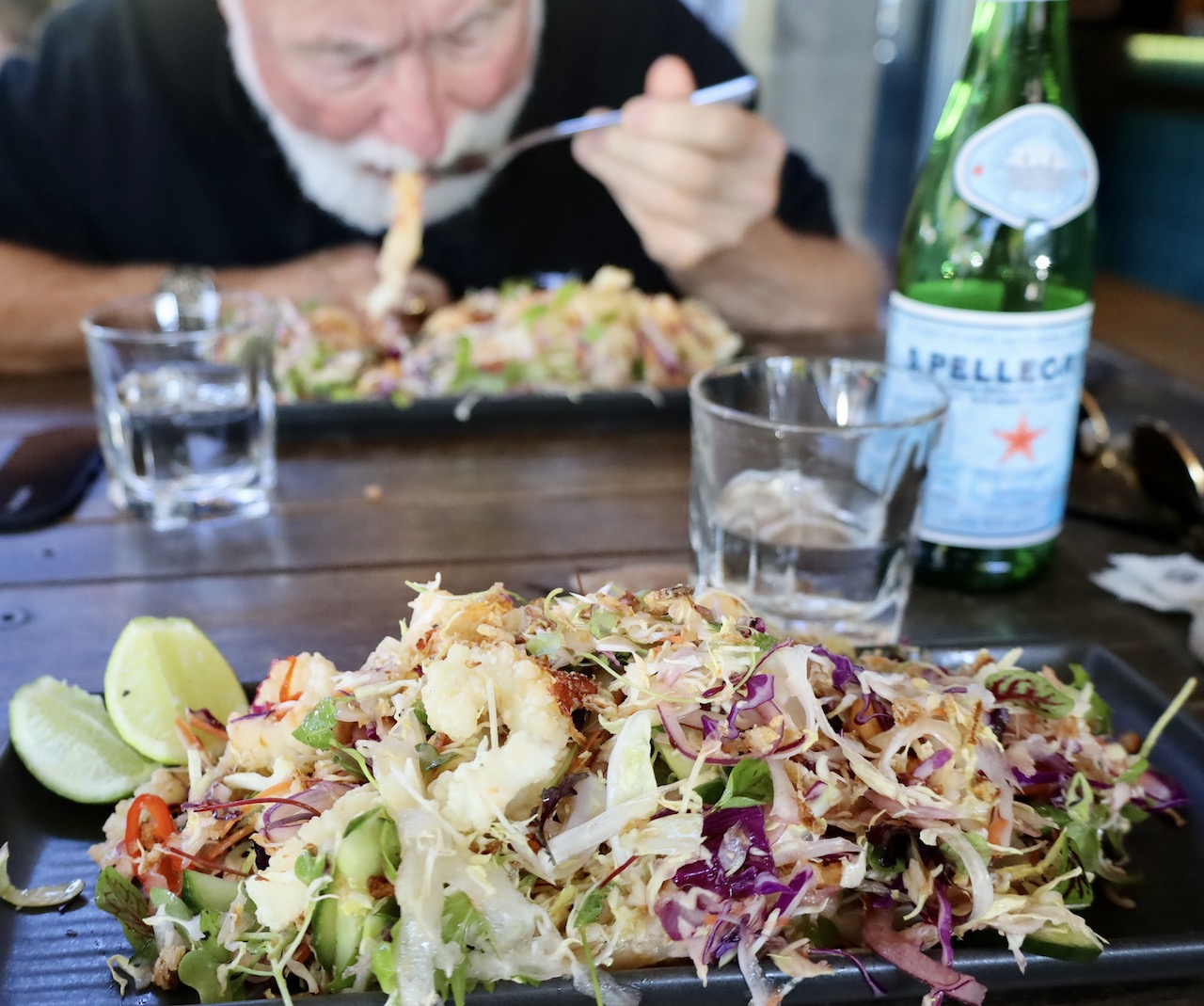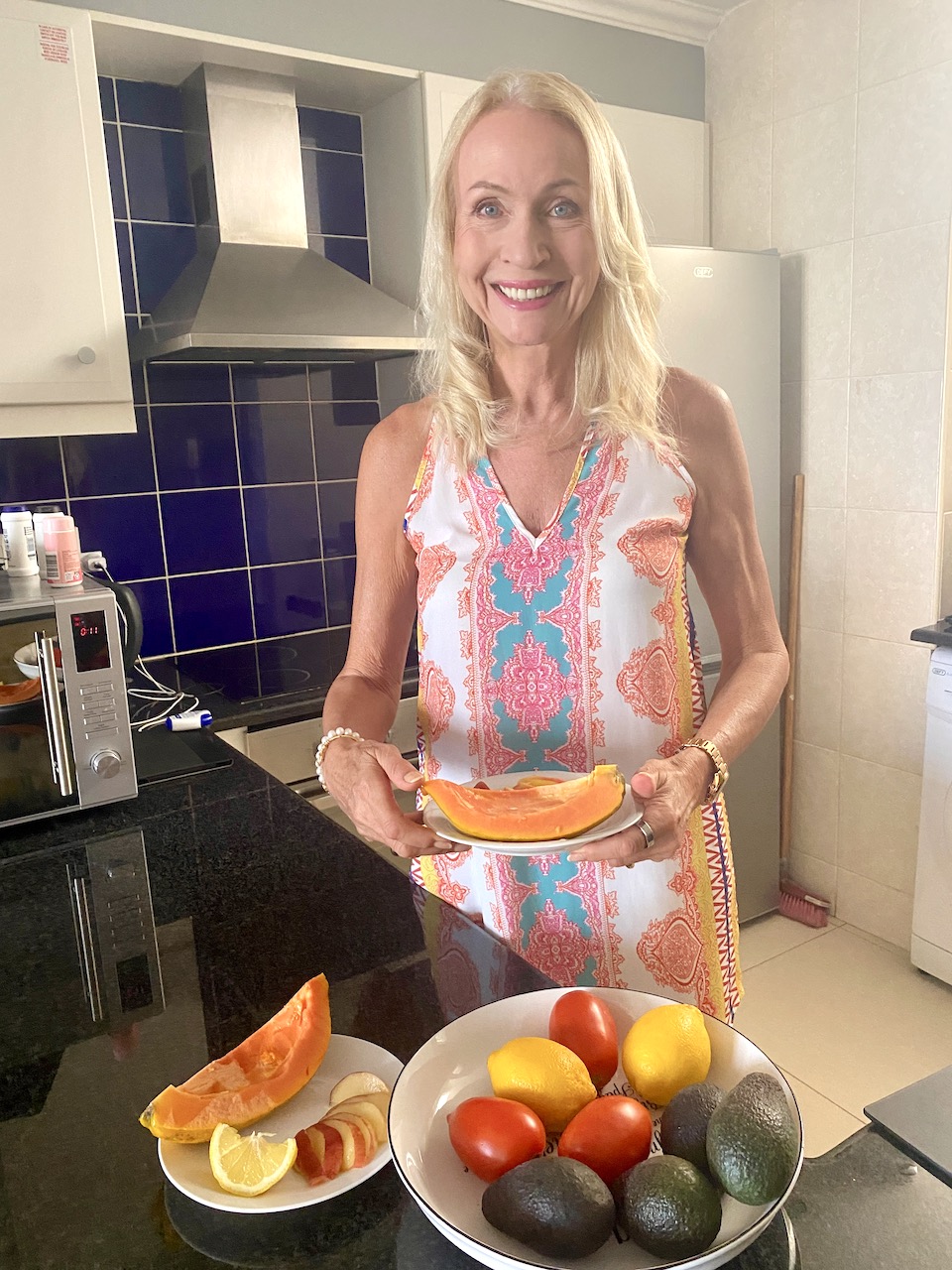Ageing disgracefully; how old are you really, and does age matter?; vanity vs honesty; 3 ways to measure age; biological age markers; perceived age; psychological age; skin deep; Pitu will make you pretty!; reversing ageing: exercise, meditation and more; Human Growth Hormone promise; massage, the tender trap?
“Will you still need me, will you still feed me, when I’m 64?”
The Beatles
How old are you, really? And does it matter? That’s three questions already, with more to follow.
As this new year dawned – where did the last one go? – and a landmark birthday* (musically speaking) approached, I found myself thinking again about age. How significant is the number, if at all? We all know people who are old at 35, and others who still present as physically, mentally and emotionally young into what’s generally regarded as middle to old age.


Vanity vs Honesty
I’ve long been torn between the vanity of not revealing my age, and feeling proud of having got this far relatively intact. Generally, my innate honesty, tendency to garrulousness and less-than-robust brain-to-mouth filter win: so I do tell.
Ageing disgracefully
“One should never trust a woman who tells one her real age. A woman who would tell one that would tell one anything.”
Oscar Wilde

The brilliant Oscar Wilde (1854-1900) lived disgracefully according to the social mores of his time, but died sadly young. Yet he must have thought a lot about ageing, if his most famous novel The Picture of Dorian Grey is anything to go by.
20 years younger
Of course, I don’t feel anywhere near my age; subjectively, I feel 20 years younger. Most of the time, anyway, depending on the ambient lighting.
This is not unusual… you probably do, too. One study suggests that even people in their 80s and 90s feel younger than they are.
This is a good thing, apparently. Feeling younger makes us more likely to engage in more health-preserving behaviours like regular exercise and healthy eating, they say. On the other hand, tequila slammers were a regular feature of my 20s, 30s and 40s, and they no longer are. So that’s moot.
Past his sell-by date?

My friend Peter Eaton just turned 98. (Click here for my January 2022 blog post on this remarkable man.)
He, too, used to feel younger than his real age: until a year or two ago, when he became too frail to get down to the beach. That was something of a turning point, and now he’s resignedly gone into a facility for the aged. Nothing wrong with his intellect, however, nor his sense of humour: he likes to joke that he’s “past his sell-by date”.
Deepak Chopra: 3 ways to measure age
I’m currently immersed in several audiobooks by Deepak Chopra (Ageless Body, Timeless Mind; Life After Death; and The Ultimate Deepak Chopra Collection). He reminds us of the different ways of measuring age:
- First, there’s chronological age, an immutable fact based on your date of birth
- Secondly, there’s biological age, a number that’s based on various biological markers of cellular health and can change over one’s lifetime in either direction
- Thirdly, there’s psychological age, or the subjective age I mentioned earlier – how old you feel, which Deepak thinks might be the most important of all.
Biological Age
What is the biological process of ageing, anyway? One useful definition is that it’s the loss of function over time. So, the point of extending longevity is not simply to live longer chronologically, but to slow down the ageing of our cells and tissues so as to keep them functioning well for longer, free from chronic disease and disability.
In his book Young Forever, longevity expert and functional medicine guru Dr Mark Hyman points out that lifestyle factors such as diet, exercise, sleep habits, supplements and stress management can add healthy years to your life.
He likes to say that at 64 his biological age, 43, is around two decades younger than his chronological age. It’s a myth that biological ageing is uniformly inevitable and irreversible, he says – and that getting older has to come with health problems such as foggy thinking, painful joints and chronic disease.

I’m not sure which markers of biological age Mark used: probably DNA methylation tests and possibly telomere length, but he’s someone I trust.
As for me, when I first had an InBody 570 scan about five years ago in Singapore, the machine estimated my biological age – based on body composition – at 13 years younger than my then chronological age. Cutis Laser Clinics owner Gunther Sherz was impressed (or said he was), and I was jolly pleased. (He is married to Dr Sylvia Ramirez, the outstanding aesthetics doctor at Cutis.)
As a member of my current gym, Craigie Leisure Centre, I can have an InBody scan whenever I like… and I do. But they’ve removed the biological age-telling function, apparently because it upset the snowflakes.

Perceived Age
Another option that’s used sometimes is perceived age, or how old you look to others. Whoever said it seemed to think this was what was most important to most people… and while this sounds shallow, it’s probably true.
Yes, your body can be younger than you are, says Richard Faragher on theconversation.com. Simply looking at someone is a surprisingly accurate way to estimate his or her biological age, according to this study.
Another easy way to assess true age is to measure grip strength: This is depressing to acknowledge, as I find opening jars increasingly difficult. Either jar lids are becoming tighter, or we’re a bit weaker than we used to be. (Thank goodness for that blue silicone square that lives in the second drawer…)
Skin Deep
Skin quality is paramount in the subjective assessment of age. As zoologist Desmond Morris said, “Flawless skin is the most universally desired human feature”.
According to one study on perceived age and lifestyle, this is to do with the human need to “advertise health, wellbeing and fertility with a good looking skin”.
There’s an app for that!
For the appearance of flawless skin, may I recommend a Chinese app called Pitu? I heard about it a few months ago from a friendly young woman on a bus in Singapore, who saw me taking a selfie for my travel blog.
“Nice photo?” she enquired. “Ugh, not really,” I replied. “That’s because iPhone camera is no good,” she declared. “iPhone selfies are ugly. You need Pitu.” Having shown me a few of her own remarkably beautiful Pitu-enhanced selfies, she insisted that I download the free app immediately and show her my results.
Here’s an example:

The Psychology of Ageing
Here, I’m going to wander with Deepak into the realm of speculation. (Feel free to whizz by, with the promise of a lovely photo of Roy at the end.)
In Chapter 9 of The Ultimate Deepak Chopra Collection (pictured earlier; my version is on Audible), Deepak suggests we may be victims of the hypnosis of our conditioning, a socially programmed reality in which we are all caught up: we expect to sicken and weaken as we age, and so we do.
He further asks: Are we part of the psychopathology /psychosis of the collective mind, that what we call normal is average, which we take for granted? If we have a collective psychosis, we assume it’s reality. (Reference Mattias Desmet’s work The Psychology of Totalitarianism on the recent plandemic and associated mass psychosis.) Unless we reach a critical mass where the collective mind transforms, he explains, we will not really be able to achieve dramatic change in our biological function.
Ageing Disgracefully: Reversing Ageing

#1 Exercise: an eight-week study in reversing ageing
Weight training, all by itself:
- increases basal metabolic rate.
- boosts aerobic capacity, bone density and muscle mass, and
- improves DHEA levels. (DHEA is the precursor to all the sex hormones)
A Tuft’s University study on a group of subjects aged from 84 to 96 years old used exercise to reverse ageing and showed astounding results within just six months. Starting very gradually with incremental weight training, followed by the addition of aerobic exercise, they improved significantly in: lifting weights, stamina, mental alertness, vitality and enthusiasm for life, even outdoing the average person in his or her fifties and sixties.
#2 Meditate on reversing ageing
Also in 1980s, Keith Wallace and Benson did a study on the physiology of meditation. It compared meditators who’d been meditating twice-daily for five years to non-meditators in the same chronological age group. The result? Biological markers showed a difference of 12 years between the two groups!

Meditation has been shown to increase levels of DHEA, the anti-ageing hormone that is the precursor of sex hormones. I wish I found it easier to do. One day, (I’ll make it the priority I know it should be.)
#3 Reversing ageing through massage
Massage is just one delightful way to boost levels of Human Growth Hormone (HGH), particularly as we get older.
What is HGH?
Naturally produced by the pituitary gland, HGH is necessary for growth in children, and also for normal metabolism and various bodily functions in adults.
The synthetic version developed for use in certain drugs was briefly hailed as an anti-ageing elixir, but was soon shown to have dangerous side effects – especially in older people. These include diabetes, carpal tunnel syndrome, joint and muscle pain. No, thank you.
Happily, there are several ways to boost HGH naturally:
- Abstaining from eating, meaning fasting, but also time-restricted eating. Roy and I generally limit our eating window to eight or even as little as five-to-six hours. Luckily, most (though not all) people I’ve discussed this with find it relatively easy.
- Aerobic exercise.
- Supplementing with arginine and/or GABA.
- Optimising sleep; maybe try melatonin.
- Massage… here’s the excuse you’ve been looking for!
True Story
A few weeks ago, when I asked one of my lovely 60-something gym friends whether she and her handsome husband massaged one another, she looked horrified. “Never! We used to when we were younger, but I’d never dream of asking him now. It always leads to something more, and it’s just not worth it.”
Instead, she recommended a massage parlour at the local mall. Basically, she implied, you end up paying for it one way or another, so you might as well shell out upfront and rent a professional for an hour.
Hmm. That might explain why Roy has always stubbornly refused to massage me, even at the start of our relationship 32 years ago. It cramped his hands, he claimed. Seriously!
Even then, he may have suspected that it might lead to me demanding more. He was probably right.

Up next will be Ageing Disgracefully, Part Two, with more about how to reverse ageing. Meanwhile, why not follow my example and live as though you’re 20 years younger than you are? (Unless you’re only 30 now, because that would just be weird.)






[…] mentioned a few benefits of massage in Ageing Disgracefully, Part One, but of course there’s more to say. For starters, massage is a great oxytocin […]